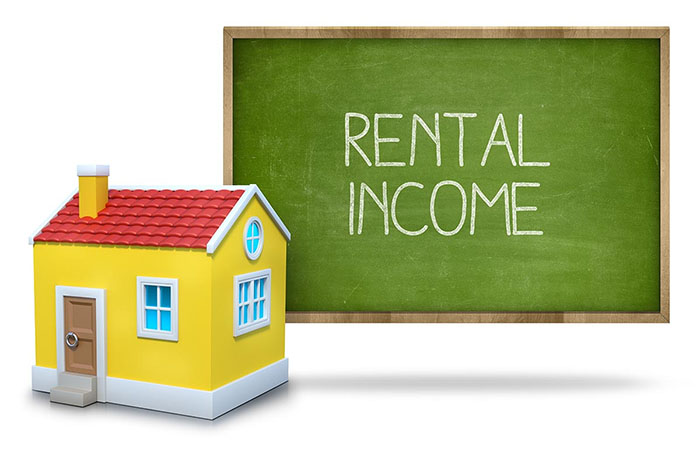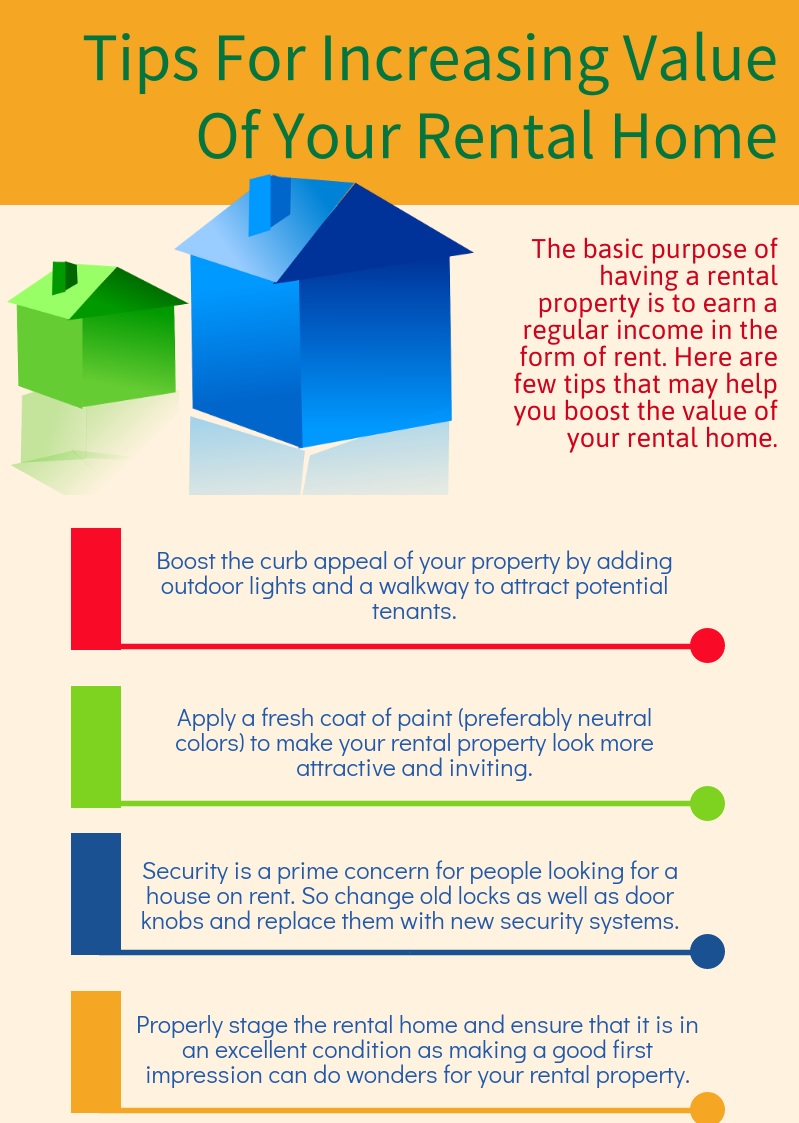
Maximizing Rental Property Income
Owning rental properties can be a lucrative venture, but maximizing rental property income requires strategic planning and execution. From setting competitive rental rates to minimizing vacancies, here are some key strategies for boosting your rental property income.
Strategic Pricing:
Setting the right rental price is crucial for attracting tenants while maximizing income. Conduct thorough market research to understand rental rates in your area, taking into account factors such as location, property size, amenities, and market demand. Pricing your rental too high may deter potential tenants, while pricing it too low could leave money on the table. Finding the sweet spot ensures optimal income generation.
Continuous Property Maintenance:
Well-maintained properties not only attract quality tenants but also command higher rental rates. Regular maintenance, including repairs and upgrades, not only enhances the appeal of your rental but also extends its lifespan, reducing long-term maintenance costs. Addressing issues promptly and proactively can help prevent small problems from escalating into costly repairs, thus safeguarding your rental income.
Tenant Screening:
Screening potential tenants thoroughly is essential for mitigating risks and maximizing rental income. Conduct background and credit checks to assess applicants’ financial stability, rental history, and criminal background. Selecting reliable tenants who pay rent on time and take good care of the property minimizes the risk of income loss due to defaults, damages, or evictions.
Minimizing Vacancies:
Vacancies can significantly impact rental income, so minimizing downtime between tenants is paramount. Implement effective marketing strategies to attract prospective tenants quickly, such as listing your property on rental websites, leveraging social media, and utilizing professional photography. Additionally, consider offering incentives such as flexible lease terms or move-in specials to incentivize occupancy and reduce vacancy periods.
Streamlined Rental Processes:
Streamlining rental processes can help maximize efficiency and income generation. Utilize technology to automate tasks such as rent collection, lease management, and maintenance requests, reducing administrative overhead and freeing up time to focus on income-generating activities. Embracing digital solutions also enhances the tenant experience, improving retention rates and ultimately increasing rental income.
Regular Rent Reviews:
Regularly reviewing and adjusting rental rates ensures that your property remains competitive in the market and reflects its true value. Monitor market trends and benchmark your rental against similar properties to identify opportunities for rent increases. Implementing annual rent reviews allows you to capture increases in property value and inflation, maximizing rental income over time.
Rental Property Income is not solely about collecting rent; it’s about implementing strategies that optimize profitability and long-term success. By adopting a proactive approach to property management, you can maximize rental income while providing value to tenants and safeguarding your investment.



